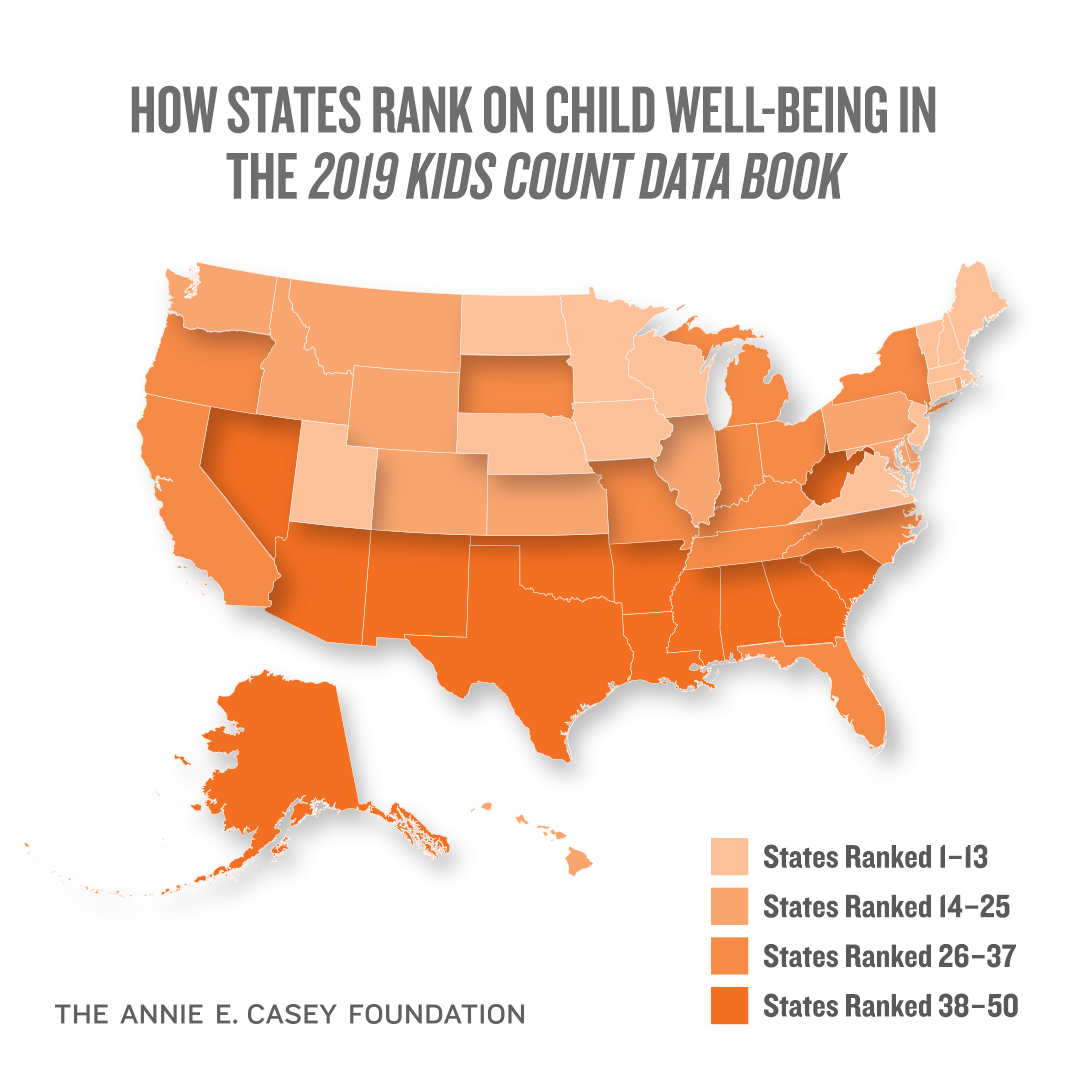When a group of business lobbyists captures the headline of one of Vermont’s publications just before the session directing the Legislature to operate in a certain way – we should all pause. It is true that we need an economy that works for the people — one that meets basic needs. This cannot happen solely with economic recovery. It requires economic reform.
Read MoreThe crossover deadline in the legislature is typically the last day for a bill to be voted on and passed by the chamber in which it is introduced in order for it to continue on and be considered by the opposite legislative body, although exemptions can be made. Although crossover is a meaningful point in the legislative process, passage out of a chamber doesn't guarantee that a bill will make it into law. It is also a time for advocates to take stock of the progress of our legislative priorities and consider the work that lies ahead for the duration of the session and beyond.
Read MoreIn 1964, a government economist named Mollie Orshansky multiplied the estimated cost of a household’s most basic food budget (per USDA estimates) by 3 (having noticed that most households were spending about three times the cost of food on their overall expenses) and the Federal Poverty Threshold was created. Despite the many changes that have shifted the economic landscape in the past 58 or so years, this is still how we calculate the Official Poverty Rate. It’s a longstanding approach, with good data continuity, but with very little basis in reality anymore.
Read MoreLast week, a violent mob of armed insurrectionists attempted to overtake the U.S. Capitol and overturn the lawful results of the presidential election. The aggressive white terrorism at the core of this act, rooted in a history of oppressive violence and white supremacy as old as our country, has been intentionally cultivated at the highest levels of our government over the past 4 years. Read our full statement.
Read MoreA new report by the Annie E. Casey foundation places Vermont first in the nation on indicators of family housing stability and health insurance(where it is tied with Maine), but presents more worrisome figures for mental health and food security. Read about the findings and their implications for future policy.
Read MoreThe global pandemic has laid bare major long-standing inequities in our public education system that affect everything from remote access, to responsive curriculum development, to student and mental health support, and beyond. As the national conversation around schools becomes increasingly rife with polarization and misinformation, Voices is embarking on an endeavor to tackle educational inequities head-on in the form of a new podcast.
Back in February we issued a budget brief highlighting the good, the bad, and missing investments in Governor Scott’s proposed 2021 budget. Fast forward seven months to the middle of a pandemic that has revealed the substantial limitations of our family and economic support systems - the tools families need to raise healthy, thriving kids.
Read MoreWhile the pandemic has understandably complicated plans to close Woodside Juvenile Rehabilitation Center, the challenges facing the facility persist and the need for a thoughtful transition plan centered on what’s best for youth, with abundant stakeholder engagement, remains.
Read MoreVermont has been in a public health crisis for years - a crisis caused by stagnant wages, the erosion of the social safety net, and a steady decline in public investment in children. We can’t go back to business as usual- it’s time to shore up the foundation of our state for today’s children and generations to come.
Read MoreVoices for Vermont’s Children stands with Black activists calling for justice in Vermont and across the United States. We condemn state violence, which disproportionately claims Black lives, and demand accountability; both for individual police officers and for the institutions that foment and foster racism.
Read MoreThe governor and legislature have an opportunity to partner with our schools and communities to do more than simply reform and instead reimagine and transform so that we can truly, as the Governor stated, “emerge from this crisis on a path toward having one of the best education systems in the country.”
Read MoreTo claim the unprecedented nature of this situation - which in many ways it is - gives us a chance to create new responses. But there are also layers of precedent and relevant context so embedded in our reality that much of what is happening and will happen has already been written. Our systems, pre-pandemic, never worked well for everyone; they still don’t - and the number of people for whom they aren’t working has begun to exponentially grow.
Read MoreAs we know, the safety and wellbeing of children is dependent on the safety and well being of their family unit. While working to ensure that families of origin have the resources that they need to gain stability and safety, we also have to be aware of the families the children and youth are placed in. Jeopardizing their safety sets the entire unit up for failure.
Read MoreIn the face of the COVID-19 pandemic, the census—and the funding it dictates—couldn’t come at a more important time. But in 2010, The undercount of Vermont’s children in the census resulted in a loss of $2,300 per child per year in federal funding, more than any other state. In addition to funding for schools, hospitals, and roads, more than 300 federal programs use census data to determine how federal funds are allocated to state and local governments. We cannot afford to lose out this time.
Read MoreYesterday, Voices sent out a policy memorandum to the Governor and Senate and House Leadership. We believe the challenge before us is two-fold: to take immediate, effective action to mitigate the impact of COVID-19 on vulnerable people, followed by a redesign of our broken safety net. Here are our recommendations.
Read MoreThe version of the paid leave bill (H. 107) that emerged from conference committee included some strong components of an equitable family leave program. However, by failing to provide universal coverage for workers to take paid time off to recover from their own serious illness or injury, H.107 ensures that inequity will continue, and likely worsen.
Read MoreWhether positive or destructive - foster care is life-altering. Every child who experiences it deserves the best Vermont has to offer. Everyone needs to trust the process enough to be vulnerable. Having an outside, trusted voice is essential to instill that confidence. An Office of Child Advocate is needed to create transparency, instill trust, and guide the public officials who are responsible for its funding, policies, and structure.
Read MoreOur Annual Advocacy Conference: Just Systems and Thriving Communities, for Every Child and Youth, held earlier this month at the Capitol Plaza in Montpelier, was packed with breakout sessions, plenary talks, and advocacy workshops, and brought together over 80 presenters and attendees to think about what positive change looks like on a state-wide level. What follows is just a glimpse at some of the wonderful work that took place on that day.
Read MoreVermont narrowly missed regaining a spot in the top five states for child well-being, according to the annual KIDS COUNT® Data Book, released today by the Annie E. Casey Foundation. The 2019 Data Bookis the 30th edition of a yearly data study based on U.S. census and other publicly available data, representing all 50 states, the District of Columbia and Puerto Rico.
Read MoreOn Tuesday, January 22nd, 2019, the House Committee on Appropriations met to discuss the Budget Adjustment for Financial Year 2019. Two major issues of concern for Voices for Vermont’s Children are the funding of Reach Up and the Child Care Financial Assistance Program (CCFAP), two areas where a budget surplus exists despite significant unmet need for children and families.
Read More

















